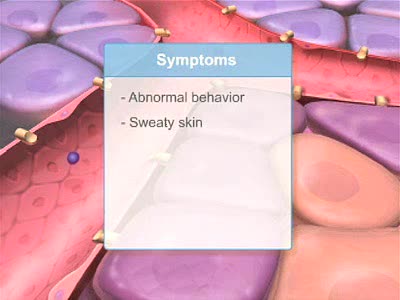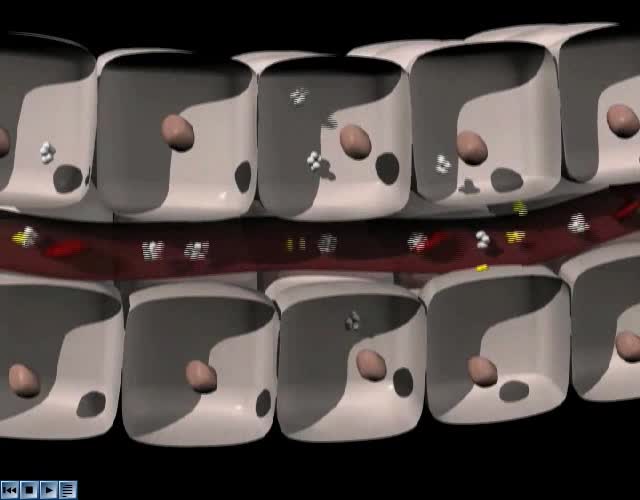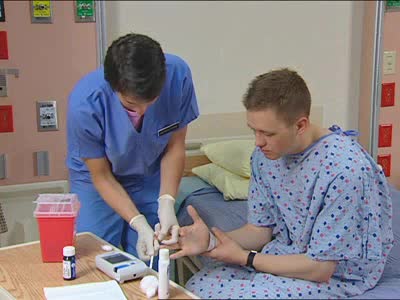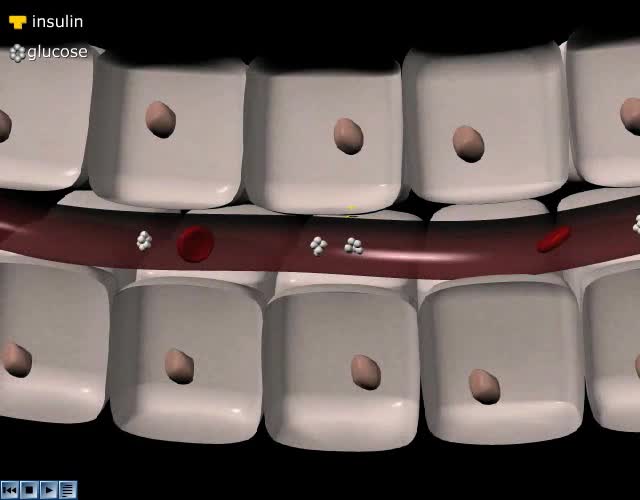Search Results
Results for: 'Adolescent Diabetes'
By: Administrator, Views: 14724
The precise source of diabetic issues in children is not known. However, aspects like genetics, household history, bad diet plan, etc. are considered as some of the diabetes causing aspects. In many of the cases, adolescent diabetes is a genetic (acquired at birth). diabetes symptoms in children ...
By: Administrator, Views: 14840
Hyposecretion or inadequate use of insulin may result in diabetes mellitus (DM). Hypersecretion of insulin may result in hyperinsulinism. Diabetes mellitus is the most common endocrine system disorder of childhood. Symptoms include: Polyuria Polydipsia Polyphagia Management of DM durin...
By: Administrator, Views: 15943
The islets of Langerhans are composed of three major types of cells: Alpha cells secrete glucagon, elevating blood sugar. Beta cells secrete insulin, maintaining normal blood sugar. Delta cells secrete somatostatin, which suppresses release of glucagon and insulin. Hyposecretion or inadequa...
By: Administrator, Views: 16024
Hypoglycemia, also known as low blood sugar, is when blood sugar decreases to below normal levels. This may result in a variety of symptoms including clumsiness, trouble talking, confusion, loss of consciousness, seizures or death. A feeling of hunger, sweating, shakiness and weakness may also be...
By: Administrator, Views: 14904
Hb A1C Test Blood test used to: diagnose diabetes identify people at risk of developing diabetes monitor how well blood sugar levels are being controlled by the diabetic patient Fasting Blood Sugar (FBS) Test performed on blood to determine the level of sugar in the bloodstream. Also ref...
By: Administrator, Views: 16292
Hyperglycemia means high (hyper) glucose (gly) in the blood (emia). Your body needs glucose to properly function. Your cells rely on glucose for energy. Hyperglycemia is a defining characteristic of diabetes—when the blood glucose level is too high because the body isn't properly using or doesn...
By: Administrator, Views: 14918
A urinalysis is a test of your urine. A urinalysis is used to detect and manage a wide range of disorders, such as urinary tract infections, kidney disease and diabetes. A urinalysis involves checking the appearance, concentration and content of urine. Abnormal urinalysis results may point to ...
Introduction to Erectile Dysfunction
By: Administrator, Views: 385
Erectile dysfunction (ED), also known as impotence, is a type of sexual dysfunction characterized by the inability to develop or maintain an erection of the penis during sexual activity. Erectile dysfunction can have psychological consequences as it can be tied to relationship difficulties and se...
By: Administrator, Views: 14579
A cataract is a clouding of the lens in the eye which leads to a decrease in vision. Cataracts often develop slowly and can affect one or both eyes. Symptoms may include faded colors, blurry or double vision, halos around light, trouble with bright lights, and trouble seeing at night. This may re...
Advertisement











